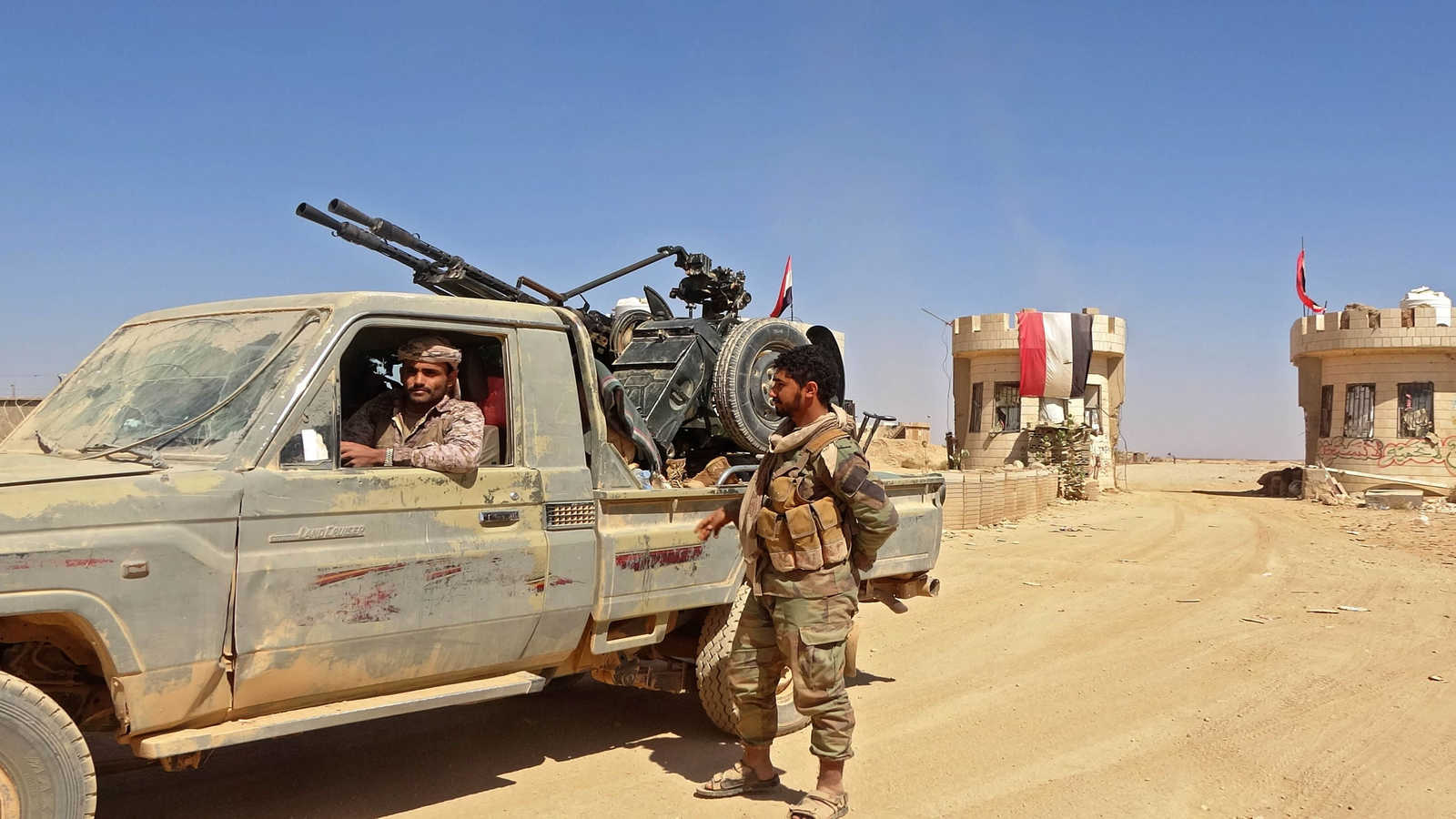
Any incoming government in Yemen will need to stop the infighting in the south and address issues related to essential services, as well as be prepared to face a likely torrent of Houthi missiles.
The deliberations on forming a new government divided by Yemen’s south and north have not wound up. They have kept hitting a dead end for over a year. On Nov. 5, 2019, the southern separatists and the UN-recognized government signed a power-sharing agreement that stipulated a new government formation in one month. More than one year has elapsed and the new government is yet to be declared.
Although the two sides may declare the new government sooner or later, the government’s return to Yemen will face a real threat: Houthi missiles.
Residing in Riyadh and Abu Dhabi, Yemeni government officials and senior separatist leaders are now safe from Houthi missile attacks and drones, operating and running things from a distance. However, when the new government is back to operate from Yemen after its declaration, the Houthis are likely to fire some missiles to the south to interrupt the government’s operation.
Over the last two years, multiple Houthi missiles hit targets in the south, including in Lahj, Hadramout, Aden and Abyan. In January 2019, a Houthi drone attack hit al-Anad military base in southern Lahj province, killing at least six soldiers during a military parade. The Houthis at the time declared their responsibility for the attack, saying they targeted Saudi coalition personnel.
In April 2019, military sources said the coalition air defense shot down a Houthi drone on the outskirts of Seyoun city in Hadramout province. The attack happened a few days before the resumption of the pro-government parliament sessions that ceased in 2015. At the time, the Houthis did not claim responsibility, but their missile capability could reach Hadramout or elsewhere in Yemen.
Another deadly attack occurred in Aden in August 2019. A Houthi medium-range ballistic missile and armed drone hit a parade at a military camp in Aden’s Buraiqa district, leaving at least 32 soldiers dead, including a senior military commander; dozens were injured.
In February this year, a Houthi missile targeted a government army base in Lawdar district in Yemen’s southern province of Abyan, killing three soldiers and injuring 15 others.
Moreover, Houthi missile attacks on Marib in Yemen’s north continue unabated. The latest, on Nov. 30, hit the Tadawin military camp, causing several deaths, including Saudi soldiers, Houthi military spokesperson Yahia Saree said.
Given this considerable Houthi missile reach, the Yemeni government’s return will potentially attract more missile attacks. According to Yemeni political observers, the coalition and the government should take serious steps to fend off potential missile threats.
Adel Dashela, a Yemeni researcher and author focusing on political affairs, told Al-Monitor that protecting the government may be possible, but it requires a genuine desire from the Arab coalition. “The government needs to safeguard Almaashiq Palace [in Aden] and a small residential city that accommodates government offices and consulates. A Patriot defense system is needed to protect the palace and the city,” he said.
He added that the Houthi threats would be neutralized on the condition that the Southern Transitional Council (STC) forces are conscripted into the Yemeni army and security institutions. “Once this materializes, the government army morale will soar, and they will decisively deal with the Houthis.”
While forming a consensus government divided between the south and the north may be a political achievement for the Saudi-led Arab coalition, it will be a new air defense burden on the coalition if it will supply the Yemeni government with needed defense equipment.
Over the last four years, the Houthis have launched numerous missile and drone attacks on Saudi Arabia. The Saudi air defense system has not been capable of detecting and intercepting every missile or drone coming from Houthi-held areas. On Nov. 23, a missile attack hit a petroleum products plant in Jeddah, prompting Saudi Arabia to complain in a letter sent to the United Nations Security Council. Accordingly, the Saudi capability of protecting the Yemeni government in case it returns to Aden is shrouded in skepticism.
On Nov. 29, Yemen Prime Minister Maeen Abdulmalik Saeed said the formation of a new government is underway and in the final steps. Notwithstanding government officials having made several statements about the near declaration of a new government, some political observers show little optimism about the success of forming a consensus government that will be the nucleus of stabilizing the country.
Majed al-Daare, political commentator and chief editor of Moragboonpress, told Al-Monitor that there are no indicators or possibilities about forming a new government as the war between the STC forces and the government continues in Abyan.
“There is a dispute on dividing the ministries among the parties, and a dispute on the individuals who will be appointed in the sovereign ministries [interior, defense, foreign affairs, finance]. Therefore, the formation of the government amid such circumstances is a remote possibility,” said Daare.
If they could ultimately form the government, there will be no national consensus, he reckoned, and the government will not be capable of dealing with the current challenges. “Consequently, confronting the Houthis will not be a common goal so long as the battles continue in the south and [the government] keeps insisting on implementing the military part of the agreement before the declaration of the new government.”
The six-year conflict has created an uncontrollable situation in Yemen, and any incoming government will need to act as a firefighter. The government needs to stop the infighting in the south and address issues related to essential services such as electricity, water and health care, and the payment of salaries. On top of that, it needs to be prepared to face a likely torrent of Houthi missiles.
 Eurasia Press & News
Eurasia Press & News

